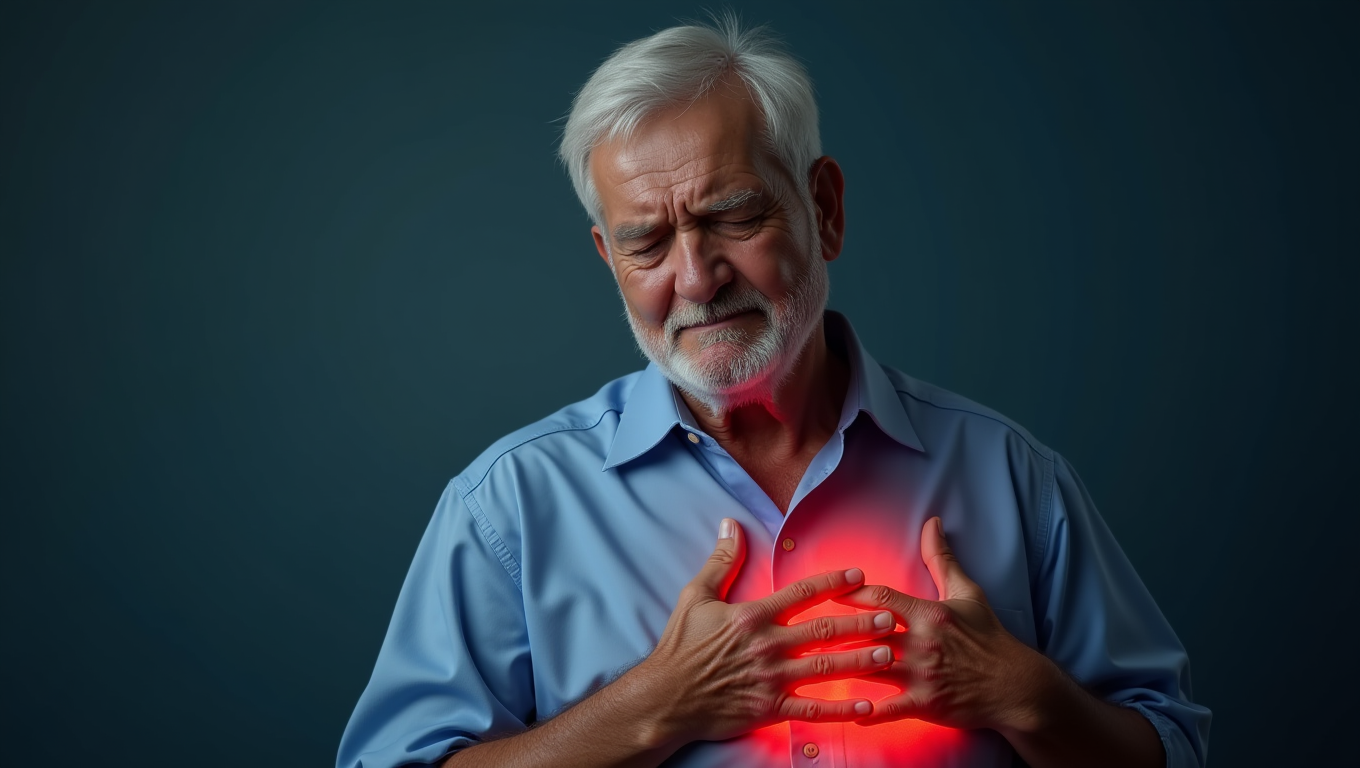Recovering from a heart attack is a journey that involves more than just physical healing—it’s about regaining confidence, independence, and quality of life. While traditional rehabilitation programs remain essential, Artificial Intelligence (AI) is transforming the recovery process, offering new tools and technologies that make it safer, more effective, and tailored to individual needs.
This blog explores how AI can assist seniors in their post-heart attack recovery, providing innovative ways to support physical, mental, and emotional well-being.
Understanding Heart Attack Recovery
Recovery after a heart attack typically includes:
- Cardiac Rehabilitation: A medically supervised program designed to improve heart health through exercise, nutrition, and education.
- Medication Management: Ensuring the right medications are taken at the right time.
- Lifestyle Changes: Adopting heart-healthy habits, including diet and exercise.
- Mental Health Support: Managing anxiety or depression, which are common after a heart attack.
AI tools are now playing a key role in enhancing each of these aspects, making the recovery journey more manageable and personalized for seniors.
How AI Can Help with Heart Attack Recovery
1. Personalized Recovery Plans
AI-powered apps and platforms analyze individual health data to create tailored recovery plans. These plans adapt to your progress, ensuring you’re always working at a safe and effective pace.
- Example: Apps like CardioBot track heart health metrics and provide personalized exercise and lifestyle recommendations.
2. Virtual Cardiac Rehab Programs
AI enables virtual cardiac rehabilitation, allowing seniors to participate in recovery programs from the comfort of their homes. These programs include guided exercises, heart rate monitoring, and real-time feedback.
- Example: Platforms like Moving Analytics provide virtual cardiac rehab sessions designed to replicate traditional in-person programs.
3. AI-Powered Wearables
Wearable devices like smartwatches or fitness trackers monitor heart rate, physical activity, and even sleep patterns. AI analyzes this data to detect irregularities, helping seniors stay on track and alerting them to potential issues.
- Example: The Apple Watch with its ECG feature can detect irregular heart rhythms, while devices like Fitbit Sense monitor stress and heart rate variability.
4. Medication Management
AI-powered medication reminders ensure that seniors take the right medications at the right times, reducing the risk of missed doses or dangerous interactions.
- Example: Tools like MediSafe send reminders and track medication adherence, offering peace of mind for seniors and their caregivers.
5. Remote Monitoring by Healthcare Providers
AI enables remote monitoring, allowing doctors to keep track of a senior’s recovery without frequent clinic visits. Data from wearables or home devices is sent to healthcare providers, who can intervene promptly if needed.
- Example: Devices like the AliveCor KardiaMobile allow seniors to take ECGs at home and share the results with their doctors.
6. Guided Exercise Programs
AI-based fitness apps guide seniors through low-impact exercises tailored to their recovery stage. These programs ensure safety by adjusting intensity based on real-time feedback.
- Example: Apps like Kaia Health offer AI-driven exercise routines specifically designed for seniors.
7. Diet and Nutrition Guidance
AI-powered apps analyze your dietary habits and recommend heart-healthy meals, ensuring that nutrition supports recovery.
- Example: Apps like Foodvisor use AI to suggest meals based on caloric needs and heart health.
8. Stress and Anxiety Management
Mental health is a critical aspect of heart attack recovery. AI tools like meditation apps provide guided mindfulness sessions to reduce stress and improve emotional well-being.
- Example: Apps like Calm or Headspace use AI to personalize meditation exercises that promote relaxation and reduce anxiety.
9. Fall Detection and Safety
AI-enabled fall detection devices ensure safety during recovery, particularly for seniors who may feel weak or dizzy while regaining their strength.
- Example: Life Alert Smart Watches detect falls and notify emergency contacts immediately.
10. Social Support Networks
AI-powered platforms connect seniors with peer support groups or virtual communities, creating a sense of belonging and shared encouragement during recovery.
- Example: Apps like Wellness Coach offer group discussions and virtual meetups for heart attack survivors.
11. Tracking Recovery Progress
AI apps keep a log of physical activity, heart rate, medication adherence, and more. This data can be shared with caregivers or healthcare providers to track progress over time.
- Example: Platforms like MyTherapy combine medication tracking, health monitoring, and progress reporting.
12. Emergency Assistance
AI-powered devices like smartwatches or home assistants can call for help in case of an emergency, providing peace of mind for seniors and their families.
- Example: Devices like Amazon Alexa with Guard Mode can detect unusual sounds, such as a fall, and alert family members or emergency services.
Benefits of AI in Heart Attack Recovery
- Convenience: Many AI tools allow seniors to recover from home, reducing the need for frequent clinic visits.
- Personalization: AI adapts to your unique needs and progress, ensuring a safe and effective recovery.
- 24/7 Monitoring: Real-time data analysis helps detect issues early, preventing complications.
- Empowerment: Seniors gain confidence by taking an active role in their recovery with the help of intuitive tools.
Tips for Using AI in Heart Attack Recovery
- Start Small: Begin with one or two tools, like a fitness tracker or medication app, and gradually incorporate more as you feel comfortable.
- Choose Trusted Brands: Opt for reputable devices and apps with positive reviews and proven reliability.
- Consult Your Doctor: Always discuss new tools with your healthcare provider to ensure they align with your recovery plan.
- Involve Family or Caregivers: Share data and progress with loved ones for additional support and encouragement.
Conclusion
AI is revolutionizing the way seniors recover after a heart attack, offering tools that make the process safer, more efficient, and personalized. From virtual rehab programs to wearables and medication reminders, AI empowers seniors to take control of their recovery journey while staying connected with healthcare providers and loved ones.
Ready to explore how AI can support your recovery? Visit CoolSenior for in-depth guides, product reviews, and tips to help you embrace technology for a healthier, happier life. Together, let’s make recovery smarter, safer, and more empowering!


No responses yet